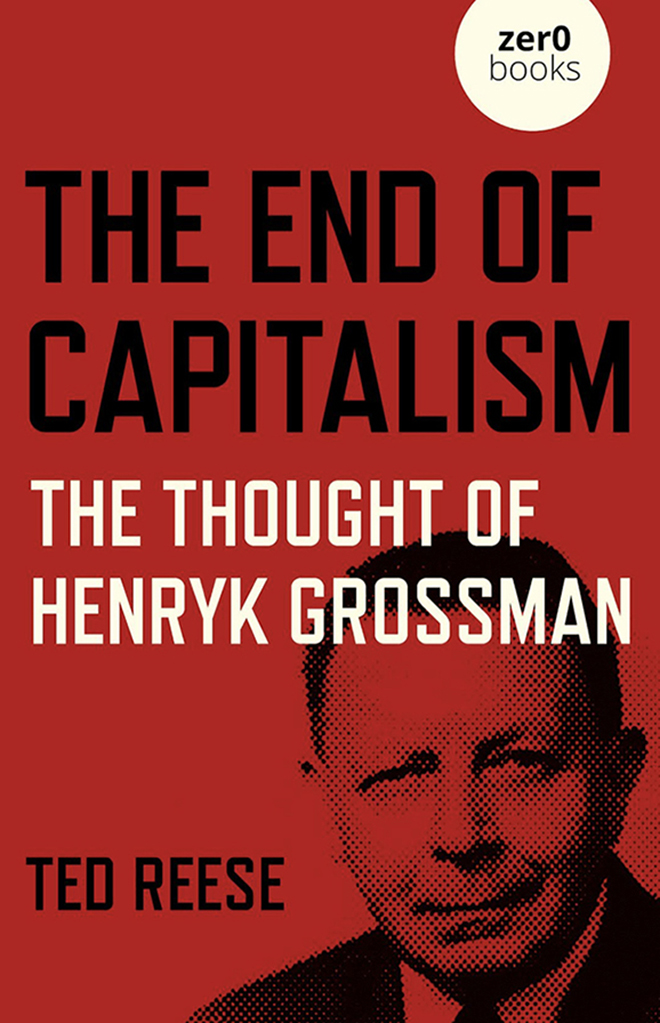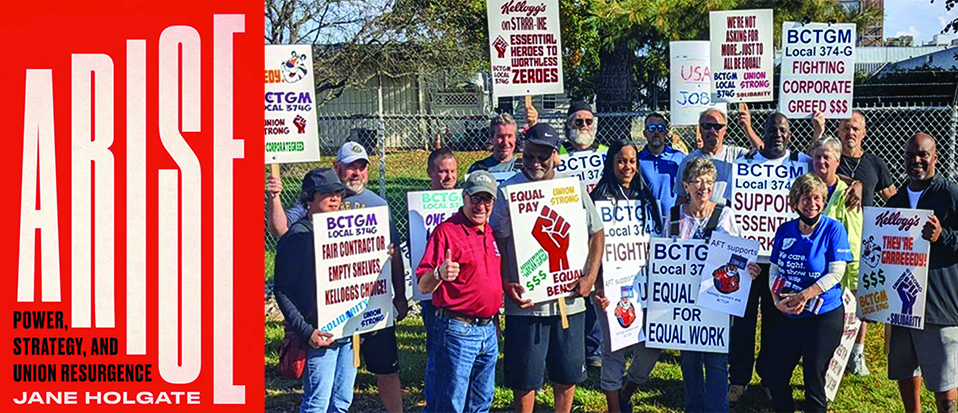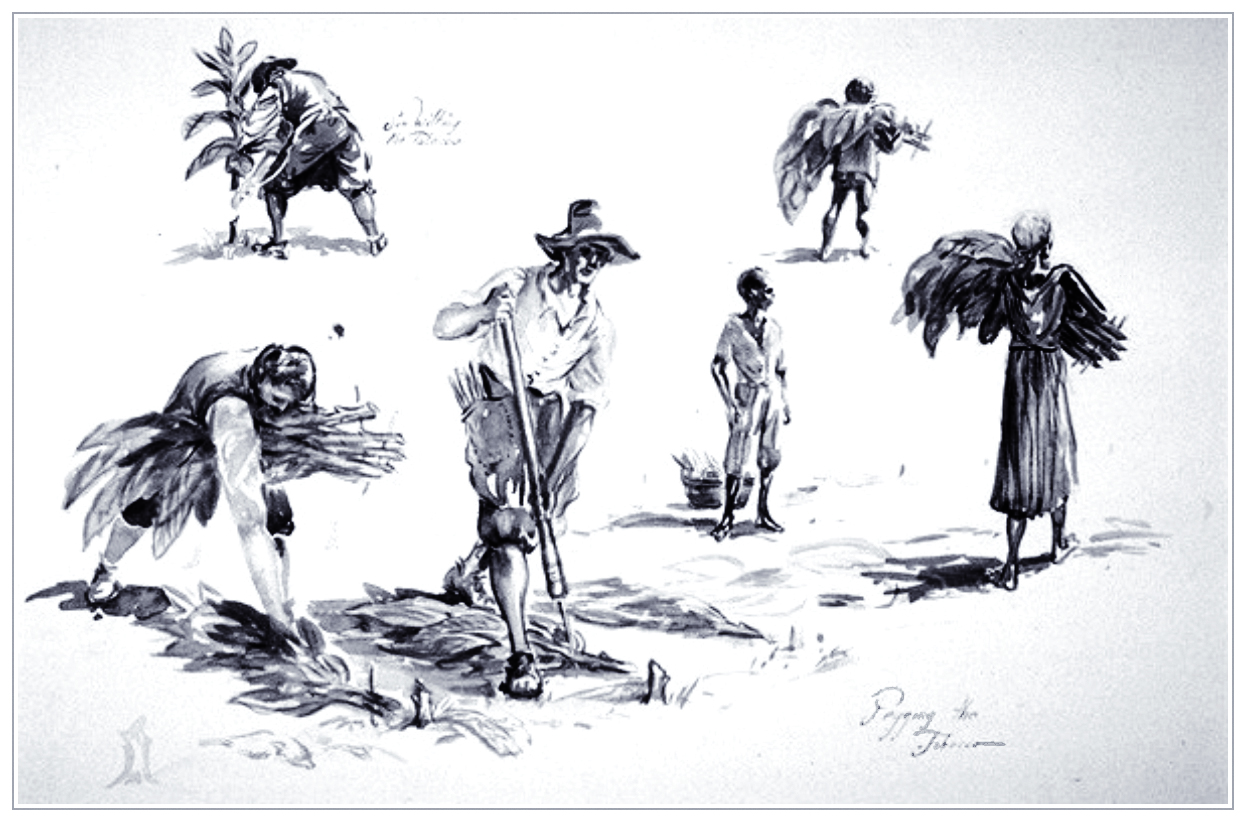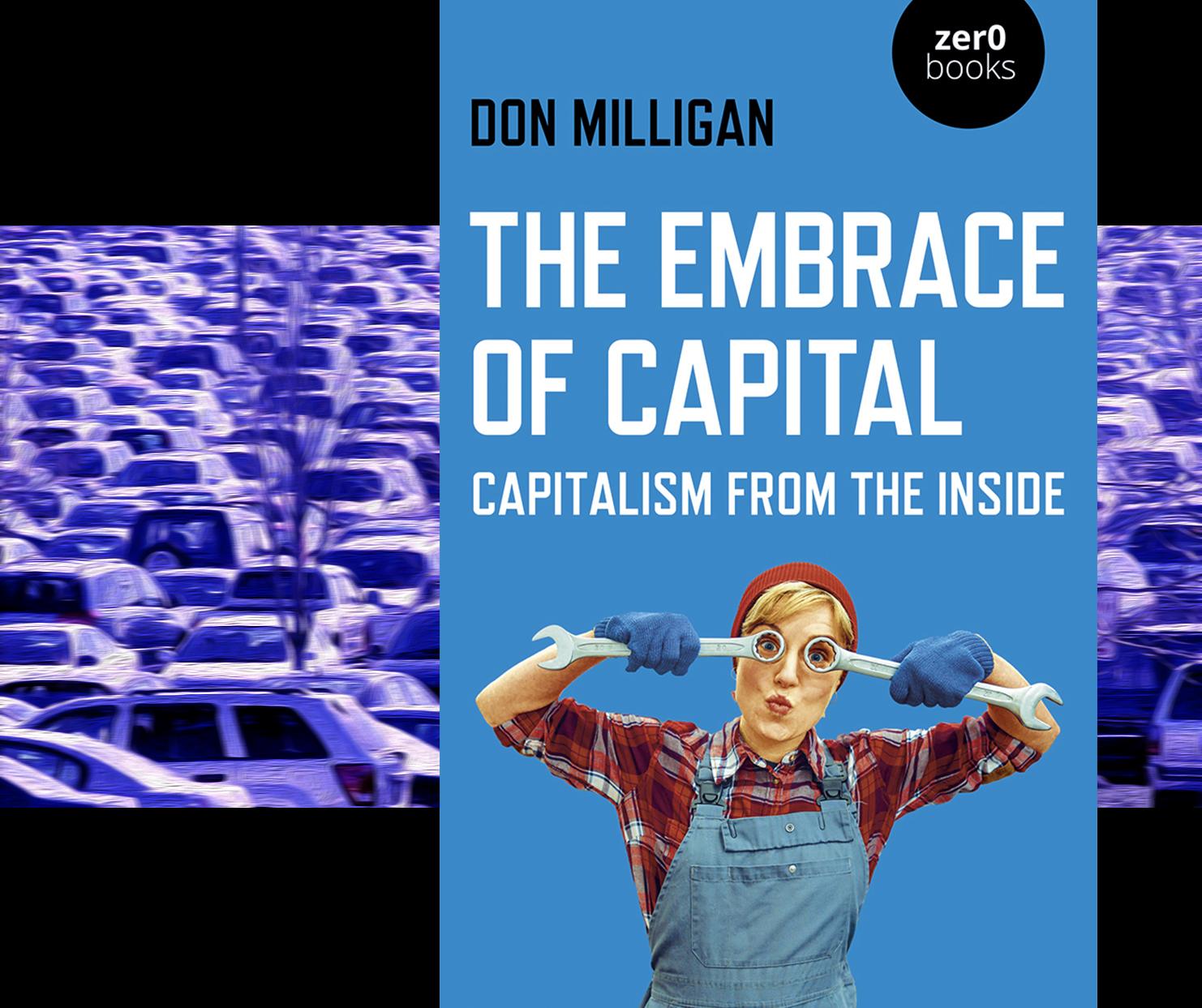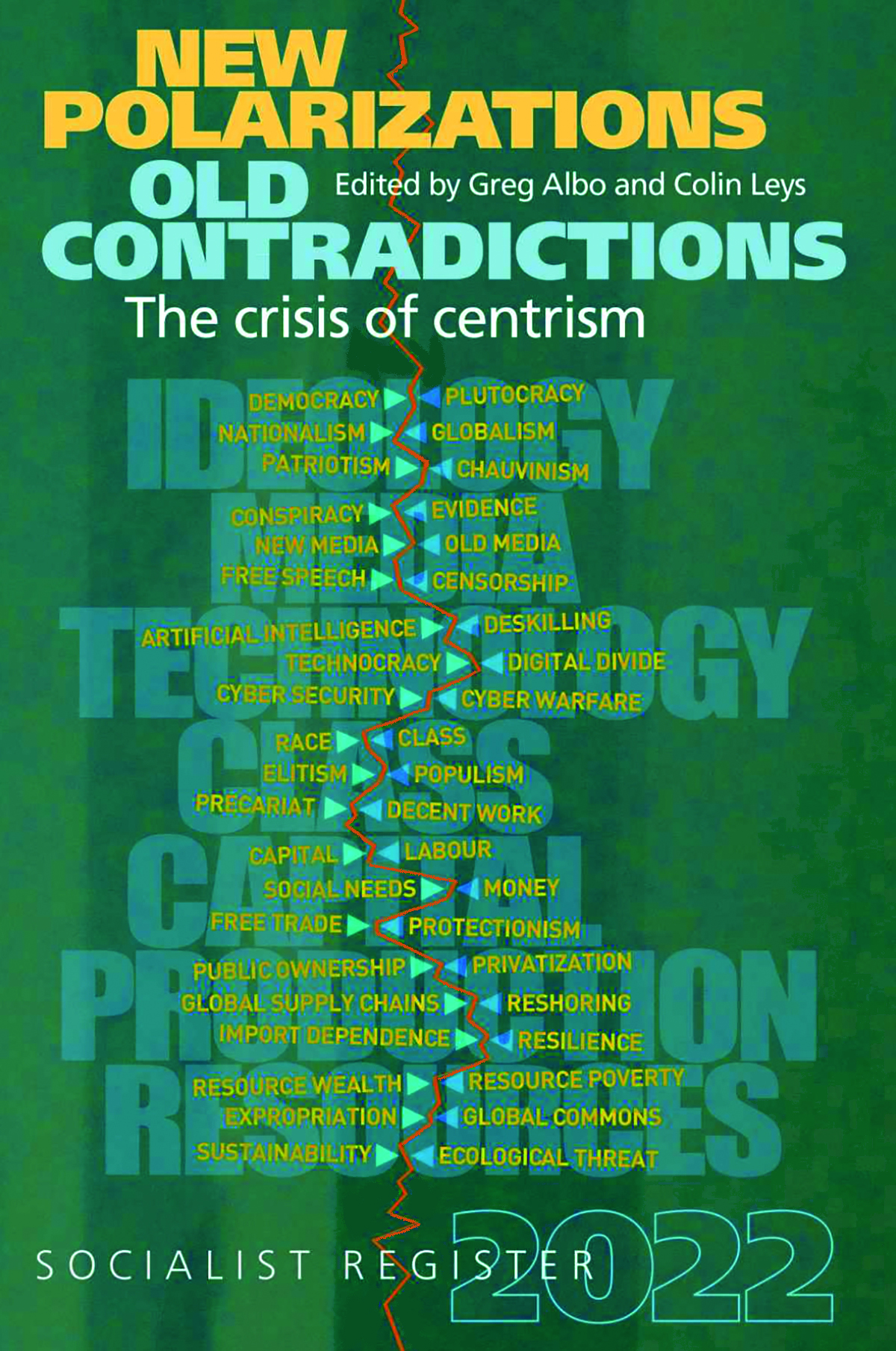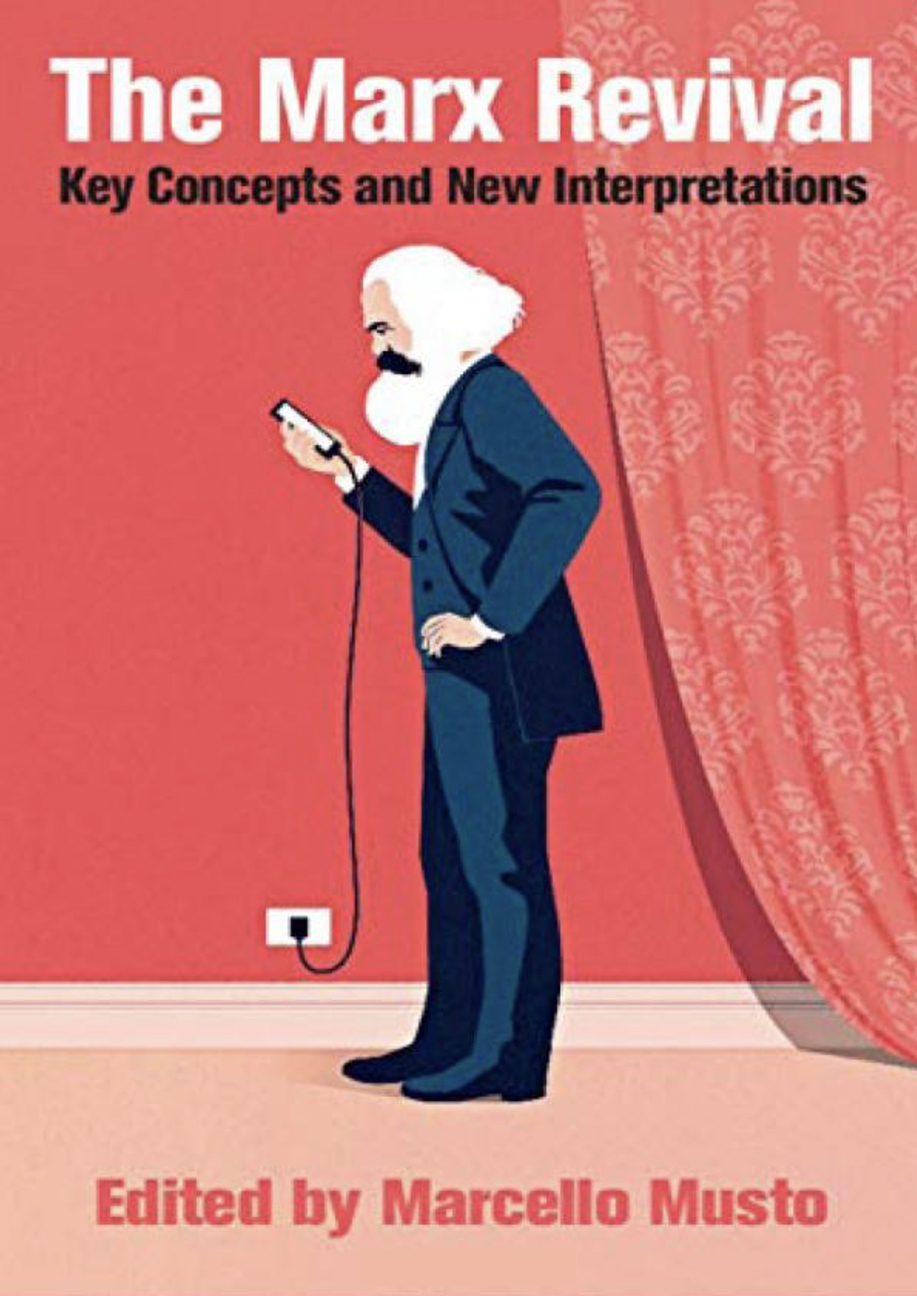The Solutions are Already Here with author Peter Gelderloos
Across the world, grassroots networks of local communities are working to realize their visions of an alternative revolutionary response to planetary destruction, often pitted against the new megaprojects promoted by greenwashed alternative energy infrastructures and the neocolonialist, technocratic policies that are the forerunners of the Green New Deal.
Gelderloos interviews food sovereignty activists in Venezuela, Indigenous communities reforesting their lands in Brazil and anarchists fighting biofuel plantations in Indonesia, looking at the battles that have cancelled airports, stopped pipelines, and helped the most marginalized to fight borders and environmental racism, to transform their cities, to win a dignified survival.
Animals and Capitalism: Reading and Reflecting on ‘Porkopolis’
The main reading for these sessions will be Alex Blanchette’s PORKOPOLIS: AMERICAN ANIMALITY, STANDARDIZED LIFE, AND THE FACTORY FARM, with supplemental texts on nonhuman animal work in the history of capitalism, Marxism and animal liberation, biological reproduction in animal agriculture, and related topics.
Never-Ending War!: Novels on Conflict, Resistance and Resilience
“Fiction gives us empathy: it puts us inside the minds of other people, gives us the gifts of seeing the world through their eyes. Fiction is a lie that tells us true things, over and over.” – Neil Gaiman
The Marxist Education Project Lit reading group revisits some literary classics along with contemporary novels that are prescient and compelling –challenging us to think about our understanding of history and how we will confront the present moment.
Platform Socialism: How to Reclaim Our Digital Future from Big Tech
James Muldoon shows how grassroots communities and transnational social movements can take back control from Big Tech. He reframes the technology debate and proposes a host of new ideas from the local to the international for how we can reclaim the emancipatory possibilities of digital platforms. Drawing on sources from forgotten histories to contemporary prototypes, he proposes an alternative system and charts a roadmap for how we can get there.
The End of Capitalism: The Thought of Henryk Grossman
Henryk Grossman is a name most socialists or students of political and social theory, let alone the mass of working people around the world, have probably never heard of. Yet Grossman, a Polish Jew born in 1881, deserves recognition as the most sophisticated proponent since Karl Marx of a devastating claim about the nature of our social world. For, if Grossman’s neglected but brilliant insight into economics is correct, then capitalism – the social system that has dominated life all over the globe for the past few centuries – may well be entering what he called its ‘final breakdown’.
The claim that capitalism is unsustainable has been ridiculed since the collapse of the Soviet Union in 1991. Capitalists declared ‘the end of history’ – their system had proven to be the stronger and would go on uncontested until the heat death of the universe. The same view dominated after the 1883 death of Marx, whose three-volume masterpiece Capital exposed capitalism as a crisis-ridden and historically transient economic system (mode of production).
El Golpe: US Labor, the CIA, and the Coup at Ford in Mexico
It’s 1990, and US labor is being outsourced to Mexico. Rumors of a violent confrontation at the Mexican Ford Assembly plant on January 8 reach the United Auto Workers (UAW) union in the US: nine employees had been shot by a group of drunken thugs and gangsters, in an act of political repression which changed the course of Mexican and US workers’ rights forever. Rob McKenzie was working at the Ford Twin Cities Assembly plant in Minnesota when he heard of the attack. He didn’t believe the official story, and began a years-long investigation to uncover the truth. His findings took him further than he expected – all the way to the doors of the CIA.
Building Alternatives in Rojava: Women’s Liberation & Cooperative Economy
Our speakers will trace the development of the Kurdish women’s movement and discuss the growth of Rojava’s cooperative economy, highlighting women’s autonomous economic organizing.
Emre Sahin is a participant and researcher of social movements, particularly the Kurdish movement, and a sociologist at Binghamton University.
Meghan Bodette is a researcher focused on Turkey, Syria and Kurdish issues.
The Marx Revival: John Bellamy Foster and Marcello Musto
The Marx Revival: Key Concepts and New Interpretations
A focus on Ecology with John Bellamy Foster and a presentation on Communism with Marcello Musto.
“Scornful neglect and intemperate hostility, haughty dismissal and marginal course adoption, selective co-optation and selective bowdlerization: these are some of the strategies of establishment intellectuals over the years in response to the challenger of the thinker born 204 years ago in Trier. Yet, here we are near the beginning of the third decade of the 21st century, and it sometimes seems that Karl Marx’s ideas have never been as topical, or as commanding of respect and interest, as they are today.” —Marcello Musto, from the Preface, The Marx Revival
Arise: Power, Strategy and Union Resurgence
Drawing on history and case studies of unions developing the effective use of power, Jane Holgate’s book lays out strategies for moving beyond the pessimism that prevails in much of today’s union movement. By placing power analysis back at the heart of workers’ struggle, the chapters of Arise demonstrate that transformational change is not only possible, but within reach.
The Invention of the White Race
In 1972, after over 30 years of activism in the labor and communist movements, Allen shared the following strategic insight with a new generation of revolutionaries: “The most vulnerable point at which a decisive blow can be struck against bourgeois rule in the United States is white supremacy. White supremacy is both the keystone (in the arch) and the Achilles heel of U.S. bourgeois democracy, the historic form of bourgeois rule in the US. It is a vulnerable point because it is a historically developed and unresolvable internal contradiction of US bourgeois democracy. It is the decisive vulnerable point because – as history has repeatedly proved – the basic class contradictions in bourgeois democracy can never fully mature until and unless the anti-proletarian nature of white supremacy has been completely established in the minds of the proletarian masses.”
Allen spent the next 20 years researching the primary sources and writing his magnum opus.
The Embrace of Capital with author Don Milligan
The "spectre of communism" which Karl Marx confidently evoked in 1848 is now nothing more than a ghostly and ghastly nightmare, without form or substance. This is because working people have developed a love-hate relationship with capitalism. They hate insecurity, inequality, and greed, and love civic and political freedom. They love mass consumption, and accept the logic of commerce. Barreling along through wars, revolutions, epidemics, and crises of all sorts, working people in their millions have consistently dumfounded and dismayed the left, by their refusal to countenance any alternative to the capitalist mode of life. We have to ask: Is it possible to reverse this reality, and once again talk of the necessity of communism?
Socialist Register 2022: Polarization and Socialism: The Direction Forward
VISHWAS SATGUR on Epidemiological Neoliberalism in South Africa
JAMES SCHNEIDER and HILARY WAINWRIGHT on Finding a Way Forward: Lessons from the Corbyn Project
ADOLPH REED, JR. and TOURE REED on “Race” and Racial Justice under Neoliberalism
SAM GINDIN on American Workers and the Left after Trump: Polarized Options
Socialist Register 2022 — Polarization and Socialism: The Direction Forward
It is a truism that electoral politics and political identity in the USA and Europe today are polarized to a degree unknown since the 1930s. It is a commonplace among the pundits of the ruling class that somehow “both sides” must return to “moderate” common sense to avoid a violent rupture of our society. They seldom question the underlying causes of this polarization, let alone whether it is rooted in the very nature of late capitalism.
This is not the case with the contributors to the 58th volume of Socialist Register. From different perspectives, they ask us to think about the deep social contradictions exposed by increasing polarization of the most economically developed societies along lines of wealth, race, gender, nation-state, and region. Members of this class meet once each month for four months to discuss selected articles from SR 58 with editor Greg Albo, joined by various authors organized around the following themes on one Sunday a month from March 20 through May 115, 2022. The recording of the February 20 session is available by writing to info@marxedproject.org
The Marx Revival, moderated by Marcello Musto
The aim of “THE MARX REVIVIAL” is to reopen for discussion, in a critical and innovative manner, the classical themes of Marx’s thought, and to develop a deeper analysis of certain questions to which relatively little attention has been paid until now. It is hoped that the volume will therefore help to bring Marx closer both to those who think everything has already been written about his work and to a new generation of readers who have not yet been seriously confronted with his writings. — Marcello Musto, Preface to The Marx Revival
Dream Lovers: The Gamification of Relationships
We are in the middle of a desirevolution — a fundamental and political transformation of the way we desire as human beings. Perhaps as always, new technologies - with their associated and inherited political biases - are organizing and mapping the future. What we don't seem to notice is that the primary way in which our lives are being transformed is through the manipulation and control of desire itself. Our very impulses, drives and urges are 'gamified' to suit particular economic and political agendas, changing the way we relate to everything from lovers and friends to food and politicians. Digital technologies are transforming the subject at the deepest level of desire – re-mapping its libidinal economy — in ways never before imagined possible.





